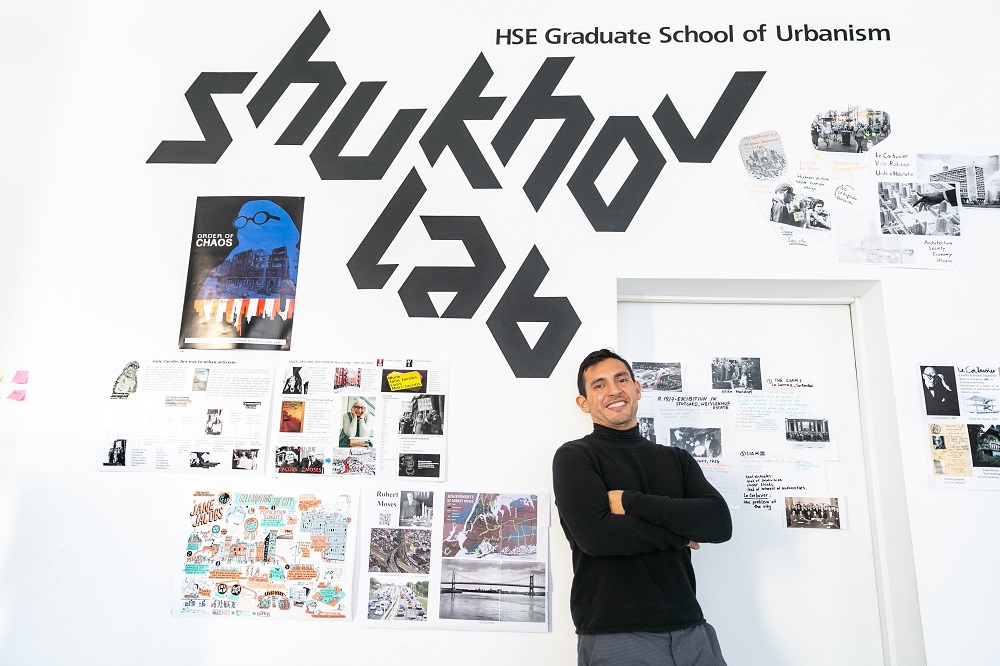Hye Won Kwon, Research Fellow at the Laboratory for Comparative Social Research, talked to The HSE Look about her experience of living in Moscow and how it enriches her research.
News
Maria Sole Continiello Neri, Research Fellow at Faculty of Law, shares how her academic work is related to current challenges in human rights protection, and how close collaboration with colleagues on teaching helps to build research connections.
Natalia Lyskova is spending her 2nd year as a postdoc at HSE Faculty of Physics working in a Joint Department of Space Physics with the Space Research Institute at the Russian Academy of Sciences, and told The HSE Look about the ongoing research in astrophysics and upcoming plans.
The column “Discovering HSE and Russia’ in the December issue of The HSE Look by Tadamasa Sawada explores the questions of authenticity and cultural exchange using the example of Japanese restaurants in Moscow, and invites the readers to reframe their experience.

In October, the International Laboratory on World Order Studies and the New Regionalism hosted a research seminar in which Dr. Glenn Diesen, Professor in the Faculty of World Economy and International Affairs at HSE, presented a recent paper entitled ‘Geoeconomics in the Fourth Industrial Revolution: The Restructuring of Global Value Chains.’ The discussion centred on how technology has become increasingly important for competitiveness in global value chains. This subsequently incentivizes government support for technological development as the main tool for Great Power rivalry, which can be seen in the cooperation between Western governments and corporations over the past several decades to develop technological leadership with high-value activities and concurrently engineer hierarchically-structured global value chains.
Values have a great influence in our life. They play a constant role in economics, politics and societies or in disciplines like philosophy, psychology, religion, and sociology. They are fundamental in the construction of a good life for every individual, for achieving quality of life, and for finding meaning.
Kristian Behrens serves as Leading Research Fellow at the HSE Centre for Market Studies and Spatial Economics (CMSSE) and Academic Supervisor at the Centre for Interdisciplinary Basic Research at HSE St. Petersburg. Professor Behrens focuses primarily on regional and urban economics, new economic geography, international and interregional trade, multiregional spatial and urban systems, and monopolistic competition. He recently spoke with the HSE New Service about the work currently being undertaken by CMSSE, his broader research interests, and his impressions of working in St. Petersburg.
Several of this year’s tenure-track faculty members have stayed at HSE previously as postdoctoral fellows. The HSE Looktalked to Arnab Roy Chowdhury, Assistant Professor at School of Sociology, about his experience and on how best to get immersed into the HSE academic community.
